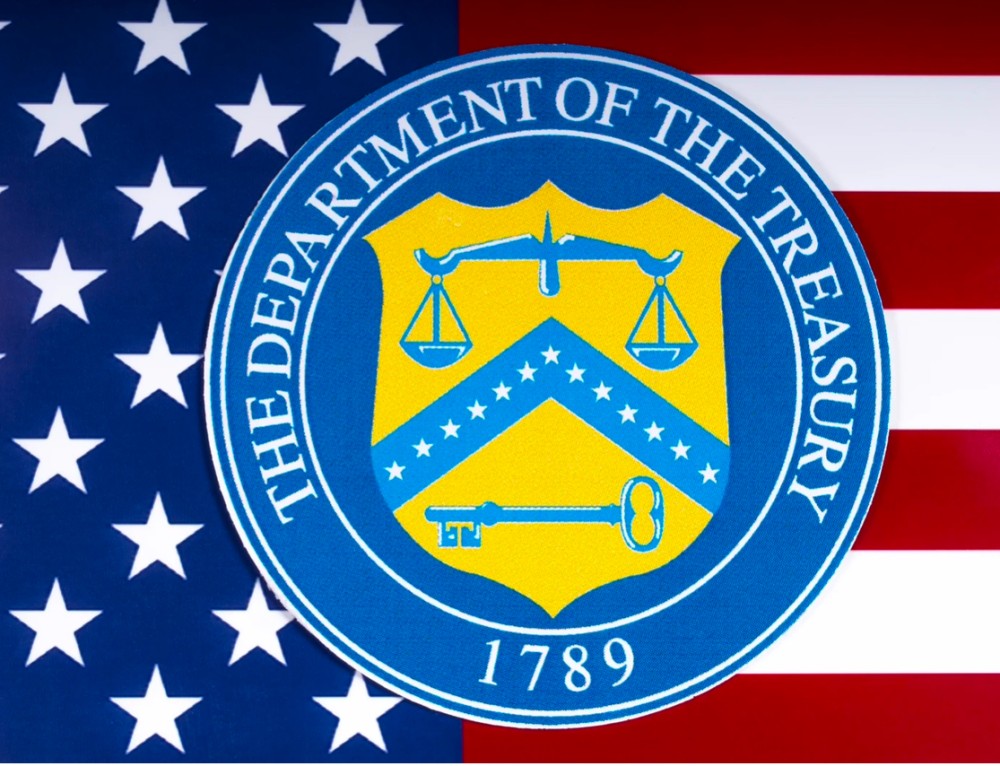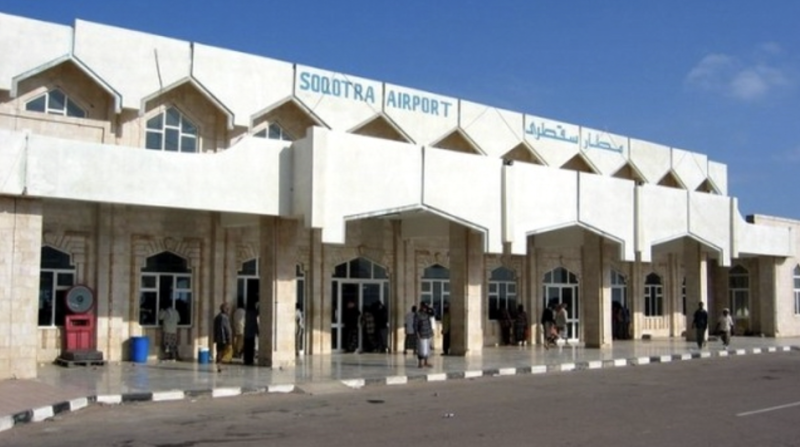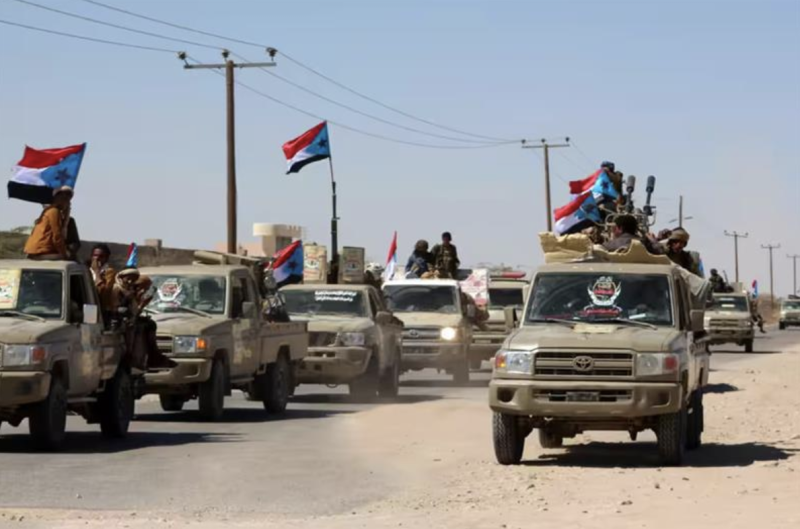U.S. Treasury Sanctions Yemen Kuwait Bank Over Financial Support to Houthis


WASHINGTON, D.C. — The U.S. Department of the Treasury’s Office of Foreign Assets Control (OFAC) announced sanctions against Yemen Kuwait Bank for Trade and Investment (Yemen Kuwait Bank), citing its role in financially supporting Ansarallah, commonly known as the Houthis. The group, designated as a terrorist organization by the U.S., has been involved in ongoing attacks targeting U.S. military personnel, regional partners, and commercial activity in the Red Sea.
“The Houthis rely on a few key financial institutions like Yemen Kuwait Bank to access the international financial system and finance their destabilizing attacks in the region,” said Acting Under Secretary of the Treasury for Terrorism and Financial Intelligence Bradley T. Smith. He emphasized the U.S. commitment to dismantling these illicit financial channels, while supporting the internationally recognized Government of Yemen to protect the country’s banking system from Houthi influence.
This latest sanction follows a series of measures by the Treasury targeting Houthi-linked financial networks. These include exchange houses and international financial operations that facilitate the flow of illicit proceeds from Iranian petroleum sales to the Houthis.
The Department of the Treasury reiterated its dedication to disrupting the financial networks sustaining Houthi activities and pledged to use all available tools to block their access to the U.S. financial system. The United States also intends to work closely with partners and allies to limit the Houthis’ ability to engage with the global financial system.
The sanctions reflect Washington’s broader strategy to counter the Houthis’ regional aggression and curtail their destabilizing influence in the Middle East.
YEMEN KUWAIT BANK
The Houthis rely on a network of exchange houses, banks, and other financial intermediaries to receive funds from, and engage in illicit trade with, Iran, including the Islamic Revolutionary Guard Corps-Qods Force (IRGC-QF). Senior Houthi officials, including Hashem Ismail Ali Ahmad al-Madani, the sanctioned governor of the Houthi-aligned central bank in Sana’a, have played key roles in transferring funds to the Houthis from the IRGC-QF.
Yemen Kuwait Bank aids the Houthis in exploiting the Yemeni banking sector to launder money and transfer funds to its allies, including Lebanese Hizballah. Yemen Kuwait Bank has helped the Houthis establish and finance front companies, which the group has used to facilitate Iranian oil sales in coordination with sanctioned Houthi-associated money exchange Swaid and Sons for Exchange Co.
Yemen Kuwait Bank is being designated pursuant to E.O. 13224, as amended, for having materially assisted, sponsored, or provided financial, material, or technological support for, or goods or services to or in support of, Ansarallah.
SANCTIONS IMPLICATIONS
As a result of today’s action, all property and interests in property of the designated person described above that are in the United States or in the possession or control of U.S. persons is blocked and must be reported to OFAC. In addition, any entities that are owned, directly or indirectly, individually or in the aggregate, 50 percent or more by one or more blocked persons are also blocked. Unless authorized by a general or specific license issued by OFAC or exempt, U.S. sanctions generally prohibit all transactions by U.S. persons or within (or transiting) the United States that involve any property or interests in property of designated or otherwise blocked persons.
Violations of U.S. sanctions may result in the imposition of civil or criminal penalties on U.S. and foreign persons. OFAC may impose civil penalties for sanctions violations on a strict liability basis. OFAC’s Economic Sanctions Enforcement Guidelines provide more information regarding OFAC’s enforcement of U.S. economic sanctions. In addition, financial institutions and other persons may risk exposure to sanctions for engaging in certain transactions or activities with designated or otherwise blocked persons.
Furthermore, engaging in certain transactions with the individuals designated today entails risk of secondary sanctions pursuant to E.O. 13224, as amended. Pursuant to this authority, OFAC can prohibit or impose strict conditions on the opening or maintaining in the United States of a correspondent account or a payable-through account of any foreign financial institution that knowingly conducted or facilitated any significant transaction on behalf of a Specially Designated Global Terrorist.
Source: OFAC

Socotra — Local residents and maritime sources said the closure of Socotra International Airport has left the Yemeni island almost completely…

Riyadh -- Saudi Arabia said on Thursday that Yemen’s Southern Transitional Council (STC) should return territory seized recently, adding that…

Aden -- The United Nations High Commissioner for Refugees (UNHCR) has reported that more than 53,000 Somali refugees in Yemen have returned to thei…